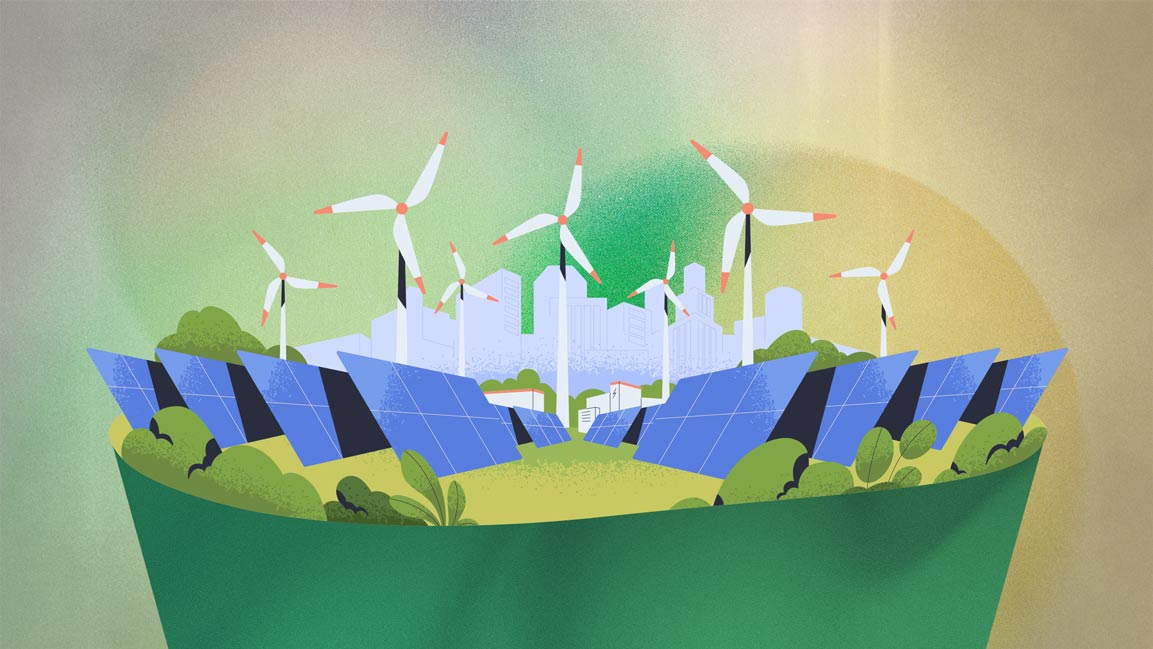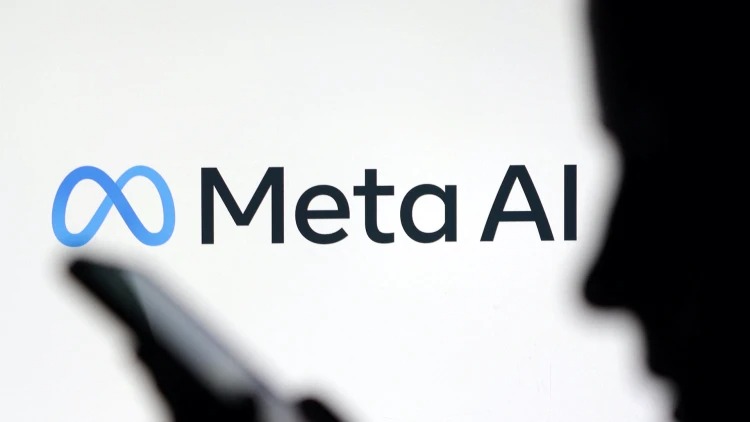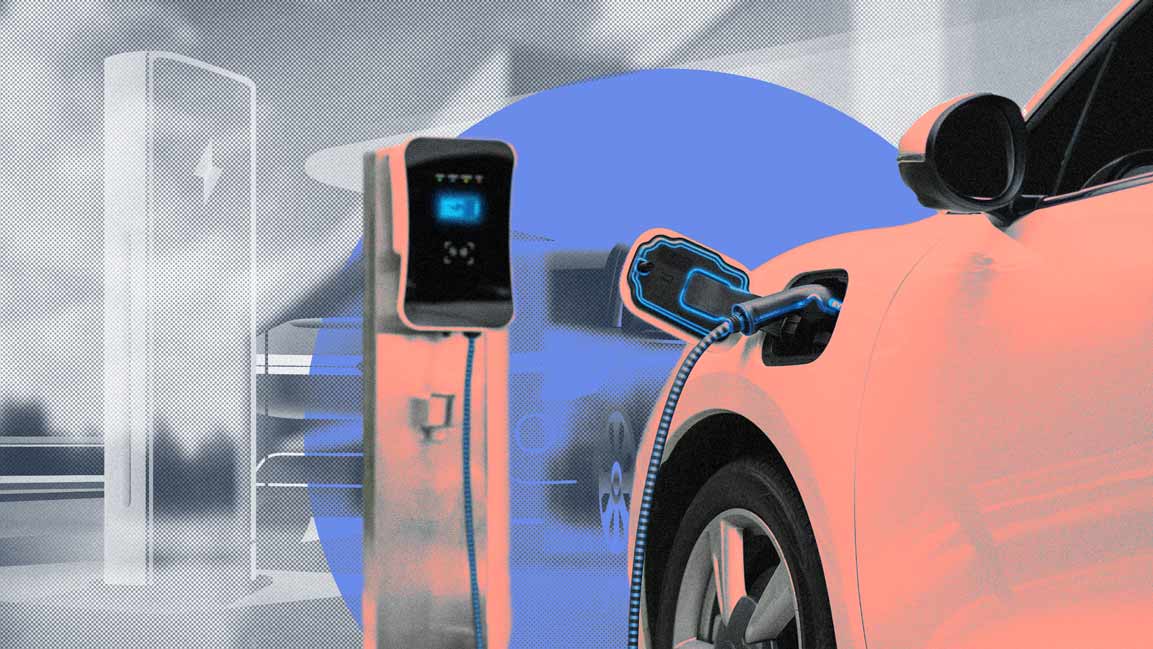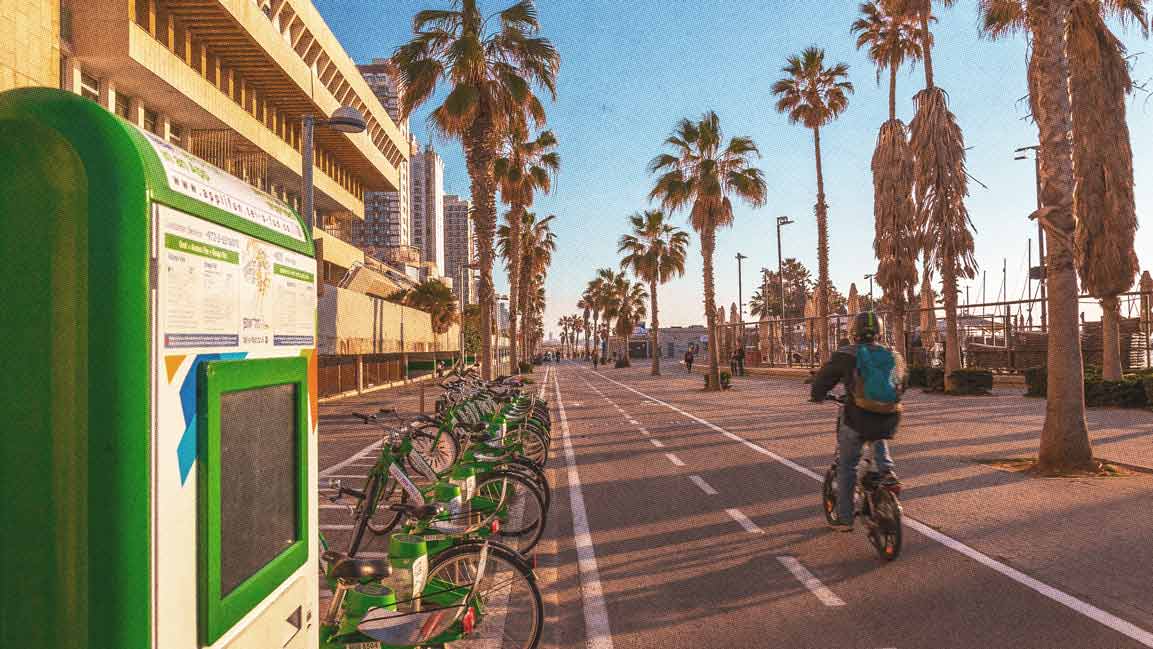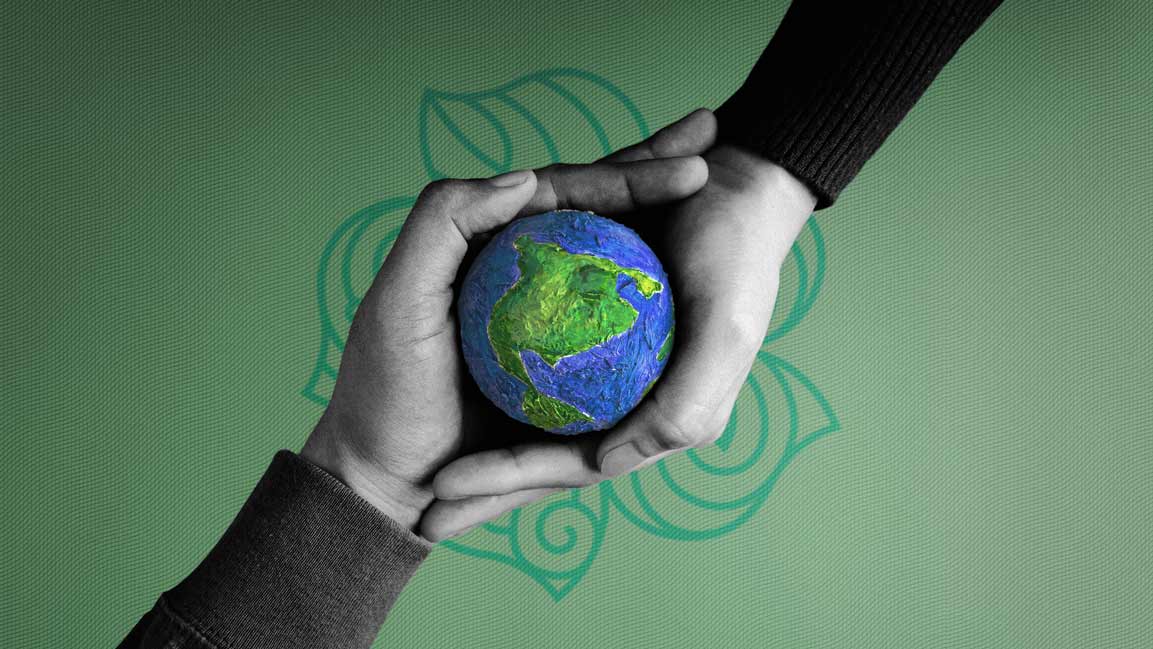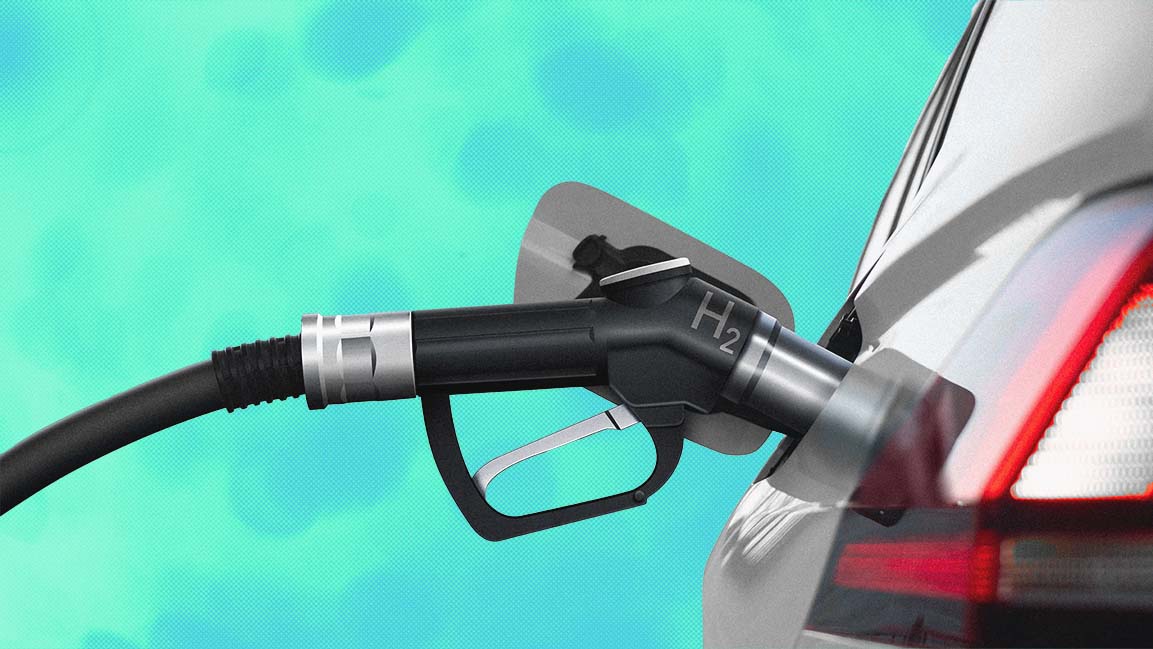- | 1:30 pm
Green transition needs collaborative efforts at COP27
The joint report of IEA, IRENA, and UN calls for boosting clean power production.
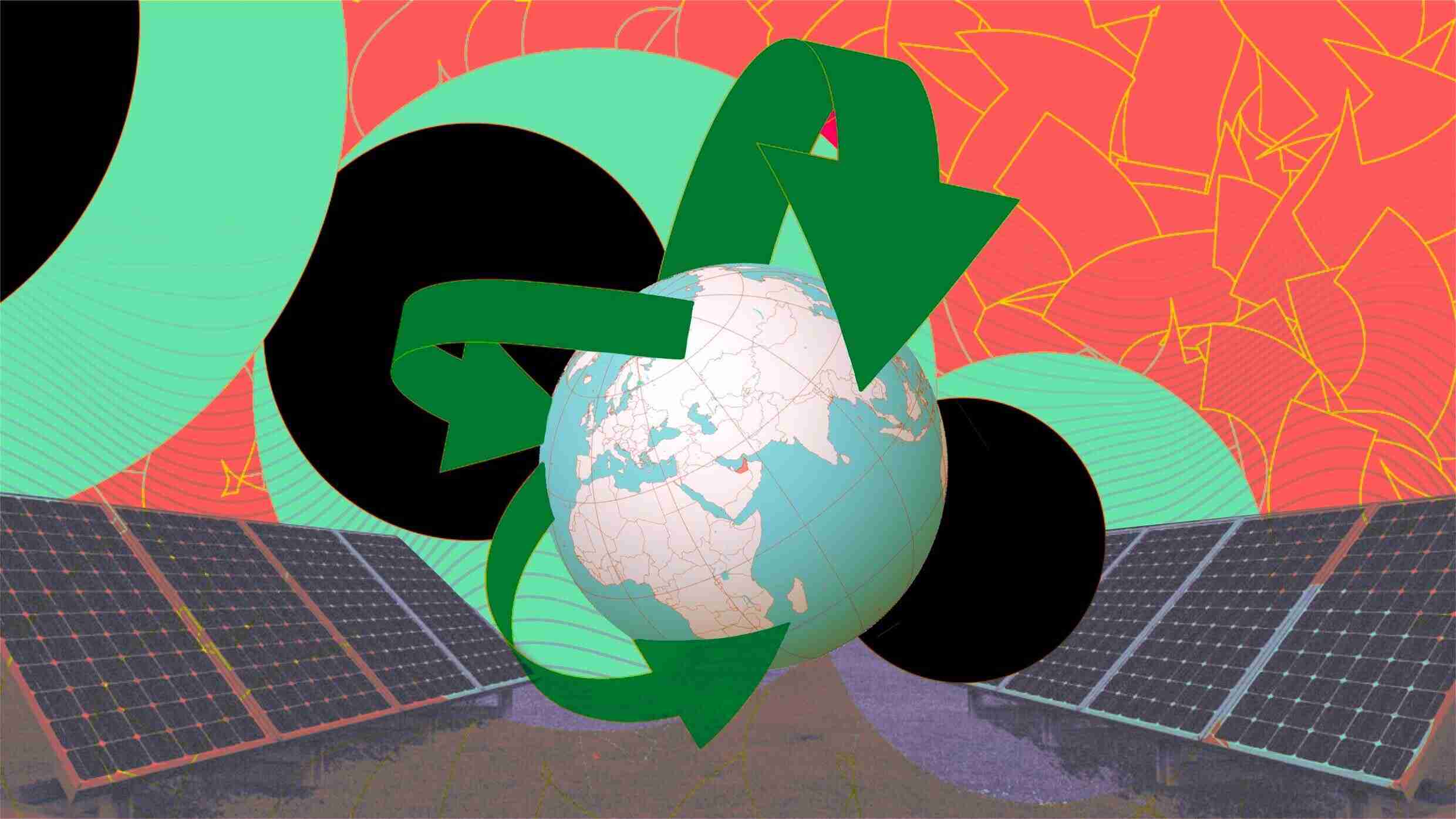
Against the backdrop of the energy and food crises, a report by the International Energy Agency (IEA), the International Renewable Energy Agency (Irena), and the UN has set out the agenda of 25 collaborative actions for global leaders attending COP27 in Egypt in November that could help boost the production of clean power, electric vehicles, low-carbon steel, and hydrogen.
According to the report, these steps could help make sustainable farming a cheaper option and provide food security to billions worldwide.
“We are in the midst of the first truly global energy crisis, with devastating knock-on consequences across the world economy, especially in developing countries. Only by speeding up the transition to clean, sustainable energy can we achieve lasting energy security,” IEA Executive Director Fatih Birol said in a statement.
“Through international collaboration, we can make the transition quicker, cheaper, and easier for everyone – on the back of faster innovation, greater economies of scale, bigger incentives to invest, level playing fields, and benefits shared across all parts of society. Without this collaboration, the transition to net zero emissions will be much more challenging and could be delayed by decades,” Birol added.
“The energy and climate crisis has exposed the weaknesses and vulnerabilities of a system heavily reliant on 20th-century fuels. Anything short of radical and immediate action will ultimately eliminate the chance of staying on the 1.5°C paths,” said Francesco La Camera, director-general of IRENA, in a statement.
At COP26, 45 countries committed to enabling clean technologies as the most affordable, accessible, and attractive option in each major greenhouse gas emitting sector by 2030. The first annual Breakthrough Agenda Report, which documents progress on the commitment, outlines headway on the actions needed to deliver on the historic clean technology commitment by governments representing two-thirds of the global economy.
However, the report also warns that greater international cooperation is needed to get the world on track to meet its climate commitments.
The Breakthrough Agenda aims to align countries’ actions and coordinate investment to scale deployment and drive costs across five key sectors, including power, road transport, steel, hydrogen, and agriculture.
The report states that increased collaboration had seen a doubling of EV sales in 2021 from the previous year to a new record of 6.6 million. It forecasts an increase in global renewable capacity of 8% in 2022 – pushing through the 300GW mark for the first time and equivalent to powering approximately 225 million homes. It also forecasts a global electricity generation cost reduction of at least $55 billion in 2022, based on the new renewable capacity added in 2021.
Most Innovative Companies comes to the Middle East this October! Click here to know more.









